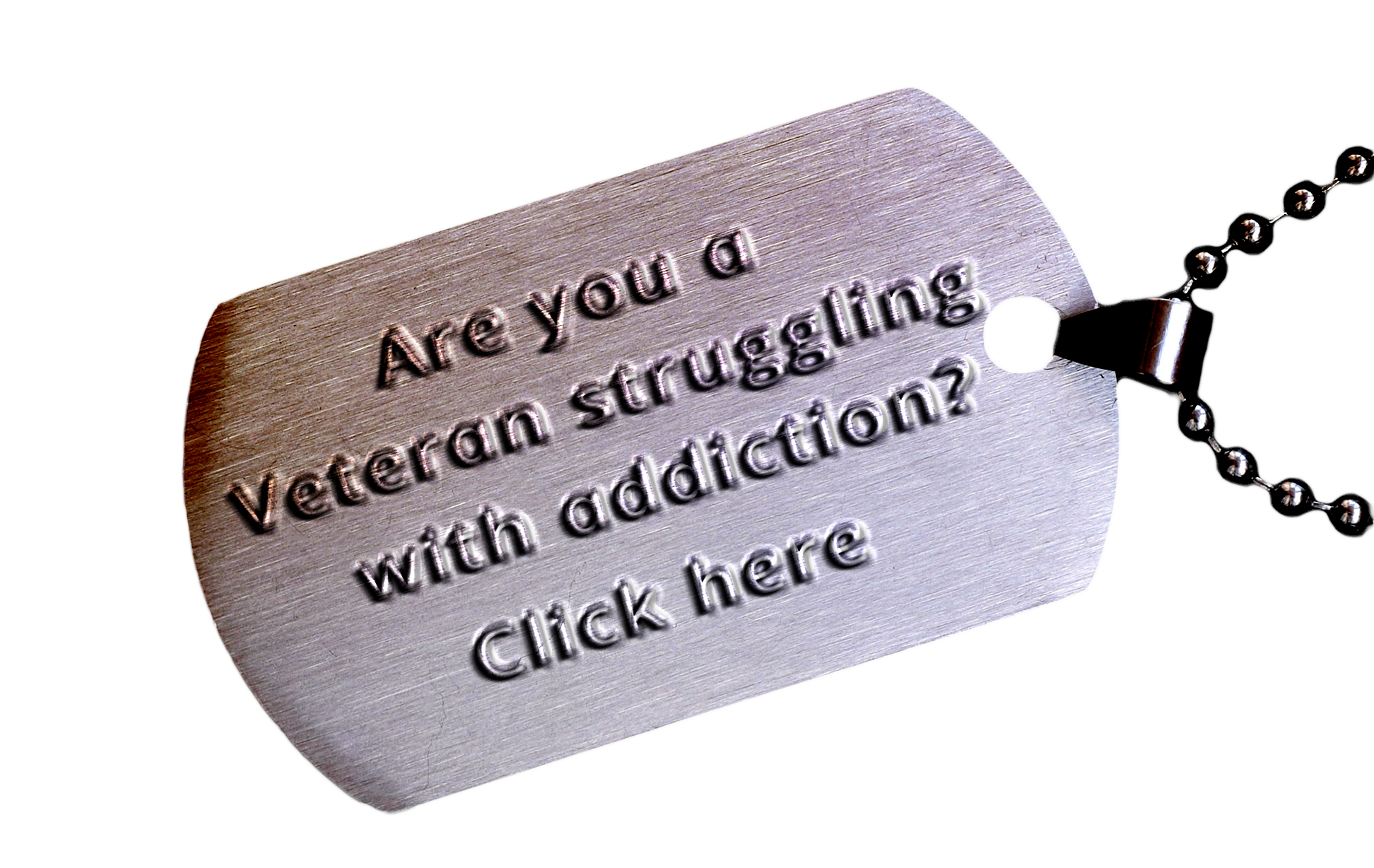What Is Gambling Disorder?
People with gambling disorders often find themselves constantly planning gambling activities and seeking ways to obtain more money for gambling. They may also experience restlessness, irritability, and feelings of helplessness, guilt, anxiety, or depression when attempting to cut down or stop gambling. While gambling can be a harmless and enjoyable activity for many people, it is crucial to recognize the warning signs of problematic gambling behavior and seek help if it becomes a compulsive or an addictive behavior.
Gambling Addiction Symptoms

Constantly thinking about gambling activities and ways to acquire more money for gambling.
Feeling the need to wager larger amounts of money to experience the same thrill.
Attempting to cut back or stop gambling without success.
Feeling restless or irritable when trying to reduce gambling habits.
Using gambling as a means to escape problems or relieve negative emotions.
Trying to recoup lost money by gambling more and placing more bets with the belief that the "big win" is only one step away.
Lying to loved ones to conceal the extent of gambling involvement.
Risking or losing important relationships, job opportunities, or financial stability due to gambling.
Depending on others to rescue them from financial troubles caused by gambling.
Experiencing headaches, insomnia, nausea, fatigue, weight changes, or cardiovascular problems.
It's important to note that while many casual gamblers are able to stop or set limits when losing, individuals with gambling problems are compelled to continue playing in an attempt to recover their losses. This pattern of behavior can lead to destructive consequences over time, including theft, fraud, and severe financial difficulties.
What Are The Causes of Gambling Disorder?
Problem gamblers often have co-occurring substance abuse problems, personality disorders, depression, or anxiety. Conditions such as bipolar disorder, obsessive-compulsive disorder (OCD), or attention-deficit/hyperactivity disorder (ADHD) may also be associated with gambling disorder.
Young adults and middle-aged individuals are at an increased risk of developing an addiction to gambling activity. However, it can also affect older adults.
Gambling disorder is more common in men, but the patterns of gambling among men and women have become increasingly similar. Women may start gambling later in life and may become addicted more quickly.
If family members or friends have a gambling problem, the likelihood of developing a gambling disorder increases.
Certain drugs used to treat Parkinson's disease and restless legs syndrome, known as dopamine agonists, have been associated with compulsive behaviors, including gambling, in some individuals.
Being highly competitive, impulsive, restless, or easily bored may increase the risk of developing a gambling disorder.
What Are The Effects of Gambling Disorder?
Compulsive gambling can strain relationships with family members, friends, and romantic partners. Trust issues, financial conflicts, emotional distance, and social isolation are common consequences.
Excessive gambling often leads to significant financial problems, including debt, bankruptcy, and loss of assets. Individuals may resort to desperate measures such as theft or fraud to fund their gambling habits.
Engaging in illegal activities to obtain funds for gambling can result in legal consequences, including fines or imprisonment.
A person's work performance may suffer due to preoccupation with gambling, leading to job loss, poor job performance, or missed career opportunities.
The stress and emotional toll of gambling disorder can contribute to poor physical and mental health. Neglecting self-care, experiencing sleep disturbances, and developing co-occurring health conditions are not uncommon.
In severe cases, individuals with gambling disorder may contemplate or attempt suicide as a result of overwhelming financial, emotional, and psychological distress.
How to Treat Gambling Disorder?

One-on-one therapy sessions with a mental health professional can help individuals explore underlying issues contributing to their gambling disorder and develop coping strategies.
Participating in group therapy provides individuals with a supportive environment to share their experiences, learn from others, and gain valuable insights from peers facing similar challenges.
CBT focuses on identifying and changing unhealthy patterns of thinking and behavior associated with gambling disorder. It helps individuals develop healthier coping mechanisms and skills to resist gambling urges and help combat gambling addiction withdrawal symptoms.
Involving family members in therapy can foster better understanding and support for the individual with gambling disorder. It can also address any family dynamics that may contribute to or be affected by the gambling problem.
Working with a financial counselor can help individuals manage their debts, create a budget, and develop strategies for regaining financial stability.
Joining support groups such as Gamblers Anonymous allows individuals to connect with others going through similar challenges. These groups provide a safe space for sharing experiences, offering support, and gaining encouragement on the road to recovery.
In some cases, medications may be prescribed to address underlying mental health conditions that contribute to gambling disorder, such as depression or anxiety.
How to Prevent Gambling Addiction?
Learn about the risks and consequences of gambling disorder. Understanding the signs and symptoms can help you recognize problematic behavior early on.
If you have risk factors for gambling disorder, consider avoiding gambling in any form, as well as places where gambling occurs. Surround yourself with supportive people who do not engage in excessive gambling.
If you notice signs of gambling disorder in yourself or someone you know, seek professional help as soon as possible. Early intervention increases the chances of successful treatment outcomes and prevents further harm.
De kern van de zaak
If you or your family member are showing symptoms of gambling addiction, get in touch with professionals at Miracles Asia for a specialized treatment plan. We offer comprehensive drug rehab and alcohol rehab programs, as well as medical care for individuals struggling with problem gambling, so we can help you overcome the difficult time and combat the addiction.
Remember, help is always available, and it is never too late to seek support, quit gambling, and get back to normal life. Book your place at our rehab in Thailand and begin your new life, free of addiction.





